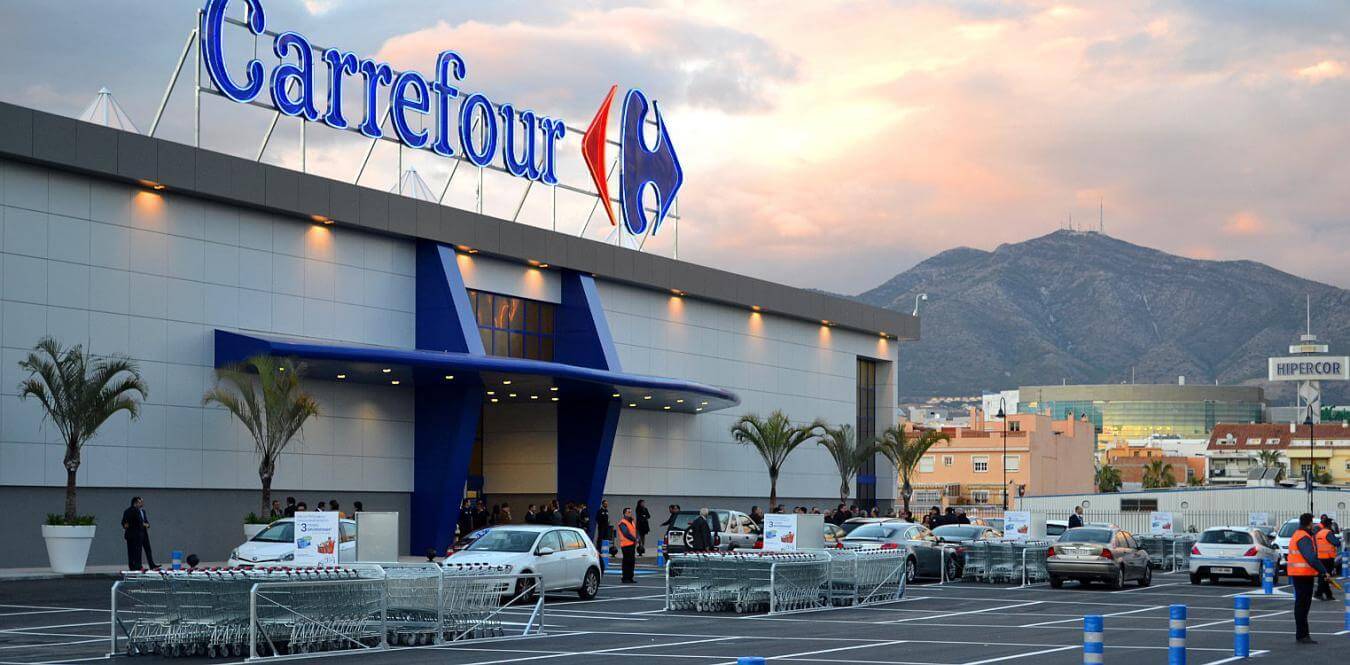IBM is showing the world how blockchain technologies can be implemented into modern society.
Releasing IBM Food Trust earlier this week, the tech company is demonstrating applications of blockchain in the food supply chain.
After 18 months in testing, the new systems allows distribution, access and storage of supply chain data like never before.
The Software
IBM have developed what could be an important contribution to the food industry and have partnered with large supermarkets across the globe.
This all-encompassing platform has the potential to completely redefine how the food industry tracks its supply chain.
Through the Food Trust, IBM suggests there is opportunity to “manage demand, food waste and freshness” whilst validating the sustainability credentials of producers.
“IBM Food Trust™ uses blockchain technology to create unprecedented visibility and accountability in the food supply chain. It is the only network of its kind, connecting growers, processors, distributors, and retailers through a permissioned, permanent and shared record of food system data. Together, we are improving food for all.”
Though only available to large corporations and suppliers, the public can trial the new software for free.
This is not the first time IBM have harnessed the power of blockchain in business. Previous ventures include working with ANZ Bank to improve the payment reconciliation for insurance policies.
The Companies on Board
At the time of Food Trust’s release, French supermarket mammoth Carrefour announced its partnership with IBM.
With 12,000 locations across Europe, the partnership with this company will ensure the Food Trust to have a significant impact on the European food supply chain.

Food Trust is not the first time these two giants have worked together. In 2016, IBM worked to reach Carrefour’s goal of opening a store every day for a year in Turkey.
In a report by IBM, it was suggested this was achieved through the creation of “integrated business processes” that improved efficiency.
If Food Trust proves to be all IBM says it to be, other ambitious supermarket goals may become a reality for other brands as efficiency remains on the agenda.
Nestle, Dole Food, Tyson Foods, Kroger, Unilever as well as American supermarket giant Walmart are also participating.
Walmart’s e.Coli Scare
Working alongside IBM to develop Food Trust, Walmart participation is closely linked to an e.coli breakout in the States earlier this year.
Food Trust has the potential to minimise the impact of food contamination scares and for this reason, Walmart is fully on board.
Though Walmart emphasises that partnering with Food Trust is chiefly for the customers, supermarkets will clearly benefit from the access to data and control of the food supply like never before.
The Power of Blockchain
As IBM proudly asserts the benefits of using blockchain, the trusted computer brand stands as an ambassador for this technology.
In a brief describing Food Trust, IBM have suggested that blockchain has the ability to “solv[e] business problems that have been insolvable before due to the inability of the ecosystem to share information in a transparent, immutable and trusted manner”.

The brand has also outlined the practical applications of blockchain in the food industry.
“Blockchain can help reach business goals around traceability, compliance, freshness and more by enabling a holistic ecosystem.”
Certificates and related documents can help establish that a facility is properly
inspected, that livestock have been treated according to law, that a supplier is legally
able to do business, and that a farm is certified as conforming to industry standards.
What will be the impact?
It will be worth monitoring the Food Trust program and its role in changing the food supply chain.
For now, those of us in Australia will be waiting until our stringent food supply chain is combined with the power of blockchain technology.